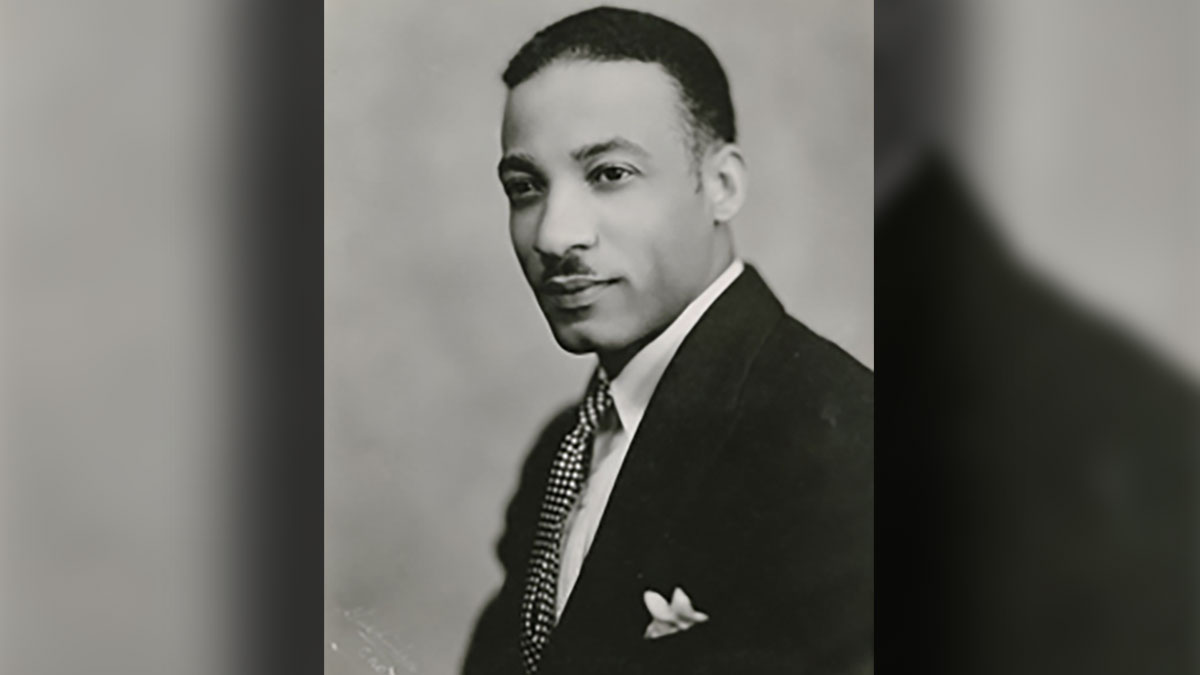
Sept. 26, 1899

William Levi Dawson was born in Anniston, Alabama. He ran away from home when he was 13 to attend Tuskegee Institute. He supported himself through jobs and performed in Tuskegee’s band and orchestra. He continued to study music and graduated in 1927 from the American Conservatory of Music with a master’s degree in composition.
His wife, Cornella, died within the first year of their 1928 marriage, and he found solace in music. He composed music in the European tradition before relying on his African roots to write symphonies.
“I’ve not tried to imitate Beethoven or Brahms, Franck or Ravel, but to just be myself,” he told the Chicago Defender. “To me, the finest compliment that could be paid my symphony when it has its premiere is that is unmistakably is not the work of a white man. I want the audience to say, ‘Only a Black man could have written that.’”
He wrote what others called spirituals, and he called folk songs. “We have got to know and treat them as folk songs, because they contain the best that’s in us,” he said. “All the nations prize their folks’ songs.”
He led the 100-voice Tuskegee Choir, which proved so talented that they sang for the grand opening of Radio City Music Hall in 1932. The choir performed for the White House, and in 1946, broke the race barrier at Constitutional Hall, becoming the first Black Americans to perform there.
In 1952, Dawson visited seven countries in west Africa to study indigenous music there. His symphonies drew worldwide attention, and churches sang his spirituals such as “Ezekiel Saw the Wheel” and “King Jesus Is a-Listening.” Inducted into the Alabama Music Hall of Fame before his death in 1990, his legacy persists through the internationally acclaimed Tuskegee Golden Voices Choir.

